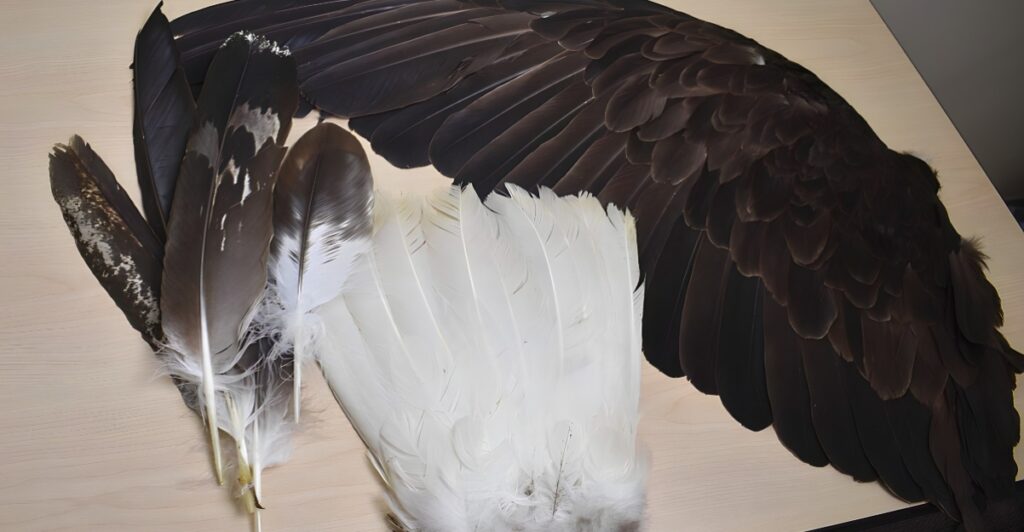
A surge in the illegal trade of golden eagle feathers has emerged as a troubling trend in the United States, driven by their cultural significance in Native American traditions. Feathers from these majestic birds, once used solely for sacred ceremonies and tribal rituals, are increasingly being sold on the black market. Native American leaders and wildlife conservationists have raised alarms over the rise in poaching and unauthorized sales, warning of the devastating impacts on both cultural heritage and eagle populations.
The golden eagle, a species protected under federal law, is revered by many Indigenous tribes. Its feathers are believed to carry spiritual power, representing a connection between the physical and the spiritual realms. Traditionally, acquiring these feathers required a special permit from the U.S. Fish and Wildlife Service, which controls their distribution to prevent harm to the species. However, the intricate process has led some individuals to seek faster, albeit illegal, means to obtain them.
Cultural Significance Versus Commercial Exploitation
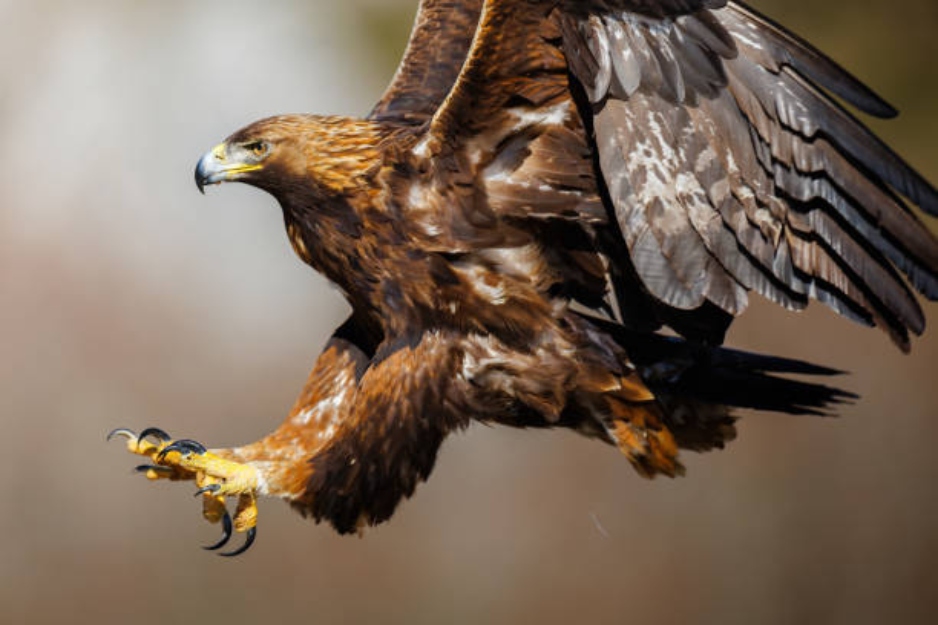
For Native American communities, golden eagle feathers hold profound spiritual significance. They are often used in ceremonies, powwows, and as part of sacred regalia. The feathers are considered gifts from the Creator and are used in various rites of passage, prayers, and healing rituals. However, this deep cultural reverence has unfortunately created a lucrative opportunity for those looking to profit.
With a single golden eagle feather fetching upwards of $500 on the black market, the incentive for illegal hunters and traders has grown dramatically. The demand is driven not just by collectors and enthusiasts but also by individuals who want to bypass the lengthy process of obtaining feathers legally. Tribal leaders have voiced concerns that the commercialization of these sacred items is a form of cultural theft, disrespecting the very traditions the feathers are meant to honor.
Poaching Threatens Eagle Populations
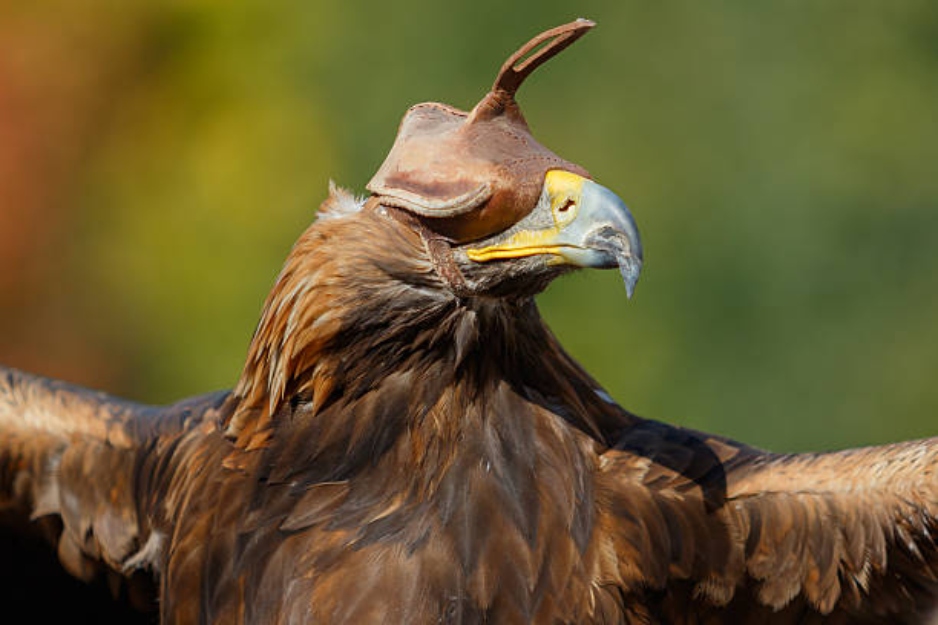
The black market trade of golden eagle feathers poses a serious threat to eagle populations across North America. Although the golden eagle is not currently listed as endangered, the species faces numerous challenges, including habitat loss, poisoning, and now, increased poaching. The illegal trade compounds these issues, as poachers target eagles, sometimes killing entire nests to maximize their haul.
The U.S. Fish and Wildlife Service has ramped up efforts to combat this illicit trade, collaborating with tribal authorities and conservation groups to raise awareness and tighten enforcement. However, tracking down perpetrators remains a significant challenge. The vast landscapes where these birds nest, combined with the discreet nature of black market transactions, make it difficult to catch poachers in the act.
Legal Consequences and Crackdown Efforts
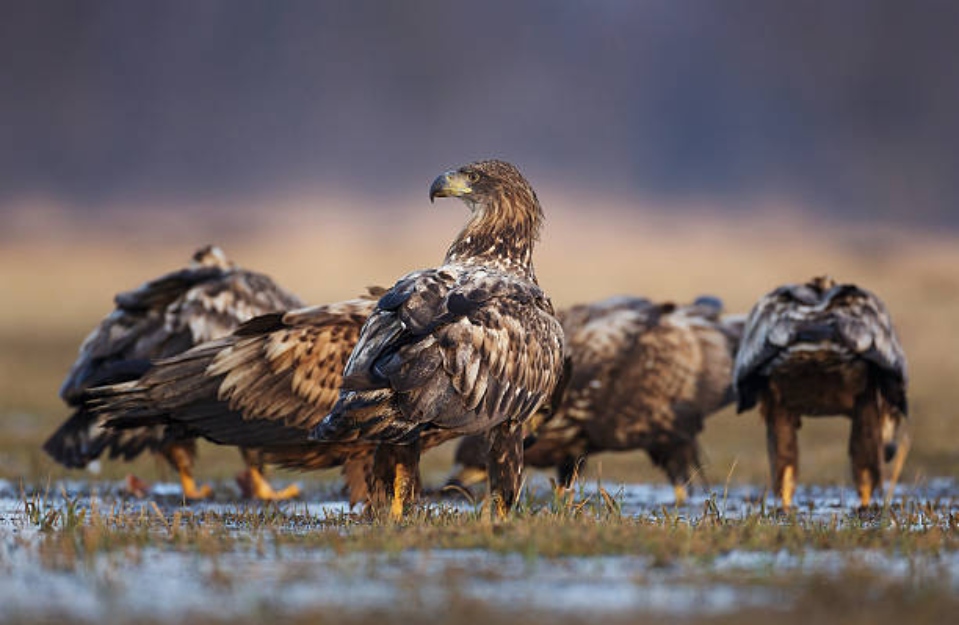
Under the Bald and Golden Eagle Protection Act, it is illegal to kill, sell, or possess any part of a golden eagle without a permit. Those caught engaging in the black market trade face hefty fines and potential prison sentences. Despite these severe penalties, the demand for feathers continues to grow, prompting authorities to increase their surveillance and undercover operations.
In recent months, several arrests have been made across the country, with individuals found in possession of dozens of feathers, ready for sale. In a landmark case earlier this year, a man in Arizona was sentenced to five years in federal prison after being caught with over 200 eagle feathers. Authorities believe he was a key player in a larger trafficking ring that spanned multiple states.
Calls for Greater Cultural Awareness and Protection
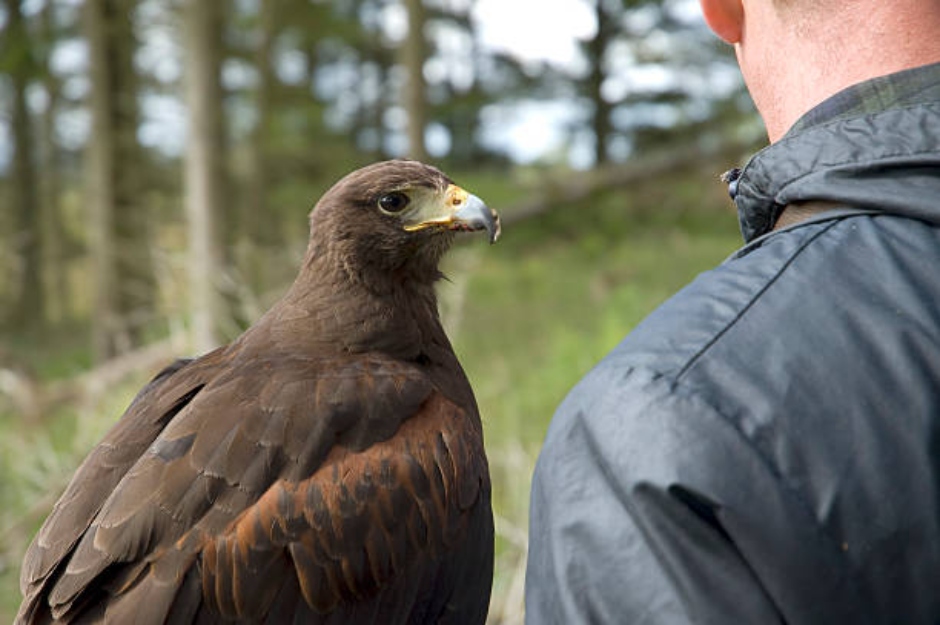
Indigenous leaders are calling for greater respect and understanding of the cultural importance of golden eagle feathers. They emphasize the need for better education and stricter regulations to curb the black market trade. Many tribes have taken steps to address the issue internally, setting up programs to help members legally acquire feathers for ceremonial use through partnerships with the U.S. Fish and Wildlife Service.
“We need people to understand that these feathers are not mere commodities; they are sacred objects, integral to our identity and traditions,” says Chief William Lightfoot of the Lakota Sioux tribe. “By poaching and selling them, you’re not just breaking the law—you’re disrespecting our culture and harming a species that we have revered for centuries.”
Conservationists and tribal leaders are urging the public to report any suspicious activity related to the illegal sale of eagle feathers. As the fight against this underground market continues, they hope increased awareness and enforcement will help protect the golden eagle and preserve its symbolic significance for future generations.
Sources:
https://theanimalrescuesite.com/blogs/news/eagle-feather-poaching
https://m.facebook.com/story.php?story_fbid=952549193559723&id=100064139524753
Stay connected with us for more stories like this! Follow us to get the latest updates or hit the Follow button at the top of this article, and let us know what you think by leaving your feedback below. We’d love to hear from you!







